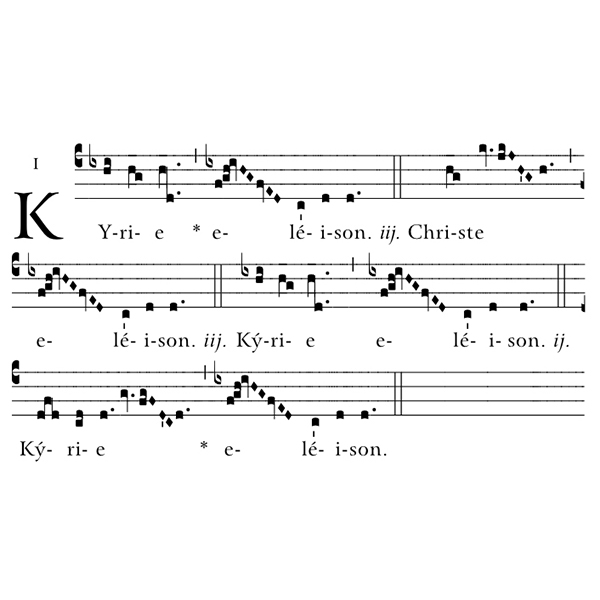by Wesley R. Warren, Organist and Choirmaster
Throughout the liturgical year at St. Barnabas, we alternate three congregational settings of the music for the ordinary of the mass — Kyrie eleison (Lord, have mercy), Gloria in excelsis (Glory be to God on high), Credo (I believe in one God), Sanctus (Holy, holy, holy), Benedictus (Blessed is He that cometh) and Agnus Dei (O Lamb of God).
In the season of Advent we sing A Service of Holy Communion by John Merbecke (c.1510-1585), a highly popular musical setting in Anglican circles. It was composed shortly after the introduction of the first Book of Common Prayer in 1549, which fell into obscurity after the Second Prayer Book of 1552 was issued, but which was revived by figures associated with the Oxford Movement (middle 19th century). Although the music was originally conceived for unaccompanied unison singing, Healey Willan (Organist and Precentor of the Church of St. Mary Magdalene, Toronto, 1921-1968) edited it and provided an accompaniment that first appeared in 1934 and was later revised in 1959. It has achieved a very wide circulation, appearing in many Canadian and American hymn books. Willan’s expertise in devising suitable organ accompaniments for plainsong melodies was truly remarkable.
For the seasons of Epiphany and Pentecost (Trinity) we sing Willan’s 1928 communion setting, Missa de Sancta Maria Magdalena, for unison voices and organ. Almost as popular as Merbecke’s setting, the vocal line is influenced by plainchant, and the modalism in the organ accompaniment is derived from the same source. It has become one of the most widely used settings and has been reprinted in several hymn books. (In 1965, a special version was published for Roman Catholic use.) It is easy to sing without being trite: a difficult thing to accomplish.
At other times of the year, the plainsong setting Missa de Angelis is used (when a choral missa brevis is sung, the congregation sings the Gloria and Credo only). Popular in Roman Catholic churches (and revived by Anglo-Catholic parishes), it seems to be largely of 14th- or 15th-century provenance, considerably modified in the 17th century and possibly in the 18th. It is something of a pastiche, so it does not, then, altogether represent the true spirit of plainsong. The Sanctus, Benedictus and Agnus Dei melodies are different from their Latin originals and appear derived from previous movements. The accompaniment was devised by Walter MacNutt, Organist and Choirmaster of St. Thomas’ Church, Toronto, 1954-1977, and a former pupil of Healey Willan.
In the past few years, during the season of Lent, Missa Orbis Factor is sung. It is a solemn chant setting dating from much earlier centuries. Recently, English text has been set to the music, replacing the original Latin. It is sung by choir and congregation with an organ accompaniment devised by Wesley R. Warren.


